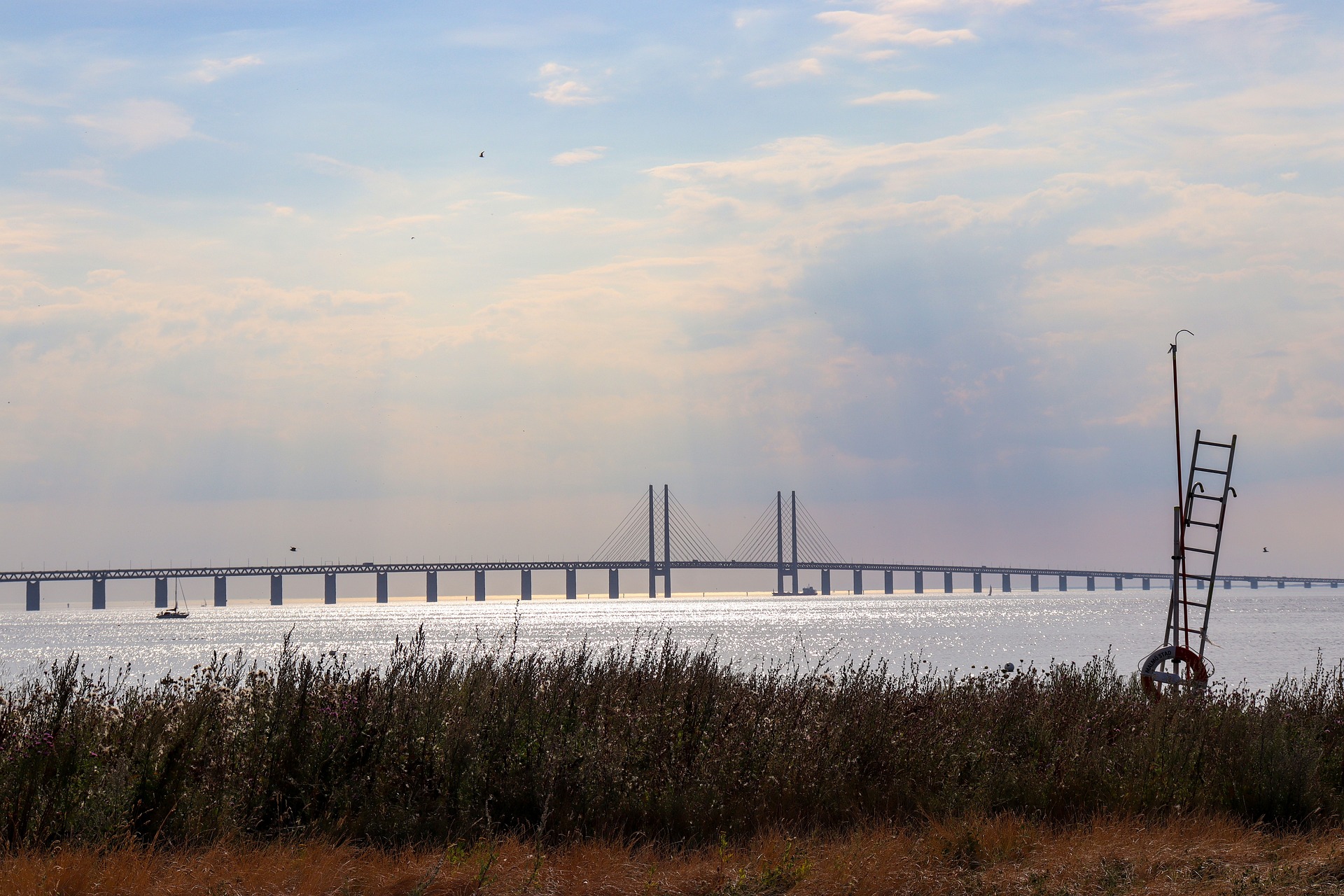International
Denmark considering reintroducing border controls with Sweden: too many “Swedish” criminals enter

Denmark should not rule out the possibility of reinstating border checks on the Øresund Bridge, which connects Copenhagen with Malmö, Sweden’s third-largest city, Danish Justice Minister Peter Hummelgaard said on Wednesday, August 7th. His statement followed the arrest of two “Swedish” nationals in connection with an explosion in the capital the day before.
The renewed discussion about reintroducing border checks between two EU members in the Schengen area supports the conservative parties in Brussels, who have long argued that unchecked immigration crossing the EU’s external borders will eventually undermine the bloc’s cherished free movement zone.
The 24-year-old perpetrators of Tuesday’s Copenhagen attack, a man and a woman, are believed to have entered the country by crossing the Øresund Bridge before throwing an explosive device into a kiosk in Østerbro, downtown Copenhagen. Fortunately, no one was injured in the incident, and the perpetrators were quickly arrested. The police have not provided further information about them, including whether they hold Swedish citizenship.
This incident was not isolated. The bombing was the fourth case in less than a week involving armed perpetrators from across the strait, with ‘Swedish youth’ involved in three separate shootings in Copenhagen last weekend.
The Danish government can no longer ignore the increasing involvement of migrants from Sweden in organized crime and gang activity within Denmark, describing the situation as a “huge challenge” it intends to address soon.
While emphasizing that there is currently no evidence to suggest border controls would have prevented the attacks, Hummelgaard stressed that all options must remain on the table. Sweden already conducts spot checks at the end of the bridge, screening people coming from Denmark.
At the same time, the justice minister added that any border checks must be temporary until Denmark can implement tougher law enforcement practices, similar to those in Sweden, which has been dealing with the problem for much longer.
“All these incidents reflect the fact that there are currently conflicts in criminal circles on both sides of the Øresund, where it is quite obvious that Sweden is able to use completely different methods than we have seen so far in Denmark due to a corrupt criminal culture on the other side of the strait,” Hummelgaard explained.
Sweden recorded over 350 successful or thwarted bombings last year, an 84% increase from 2022, with no sign of this trend reversing soon. 2023 also saw 363 shooting incidents (including 53 fatalities and 109 injuries), a slight decrease from the nearly 400 registered in 2022. The vast majority of these incidents were related to conflicts between criminal street gangs of migrant backgrounds, but civilians are often caught in the crossfire.
Denmark, which has always enforced a much tougher immigration policy than its northeastern neighbor, has so far been spared from a similar situation. However, the number of incidents on Danish soil has recently increased, partly due to Swedish police efforts to clean up the most gang-ridden neighborhoods in nearby Malmö. There have been “only” 11 cases involving armed migrants from Sweden in Denmark in the past year—including shootings and bombings, some fatal—but that’s already enough for Copenhagen to start considering immediate solutions.
Hummelgaard is scheduled to meet with the national police commissioner and the head of the National Special Crime Unit in the coming days to discuss the path forward. He also promised to establish “permanent and effective intelligence cooperation” with Swedish authorities by permanently stationing a Danish officer on the other side of Øresund.






